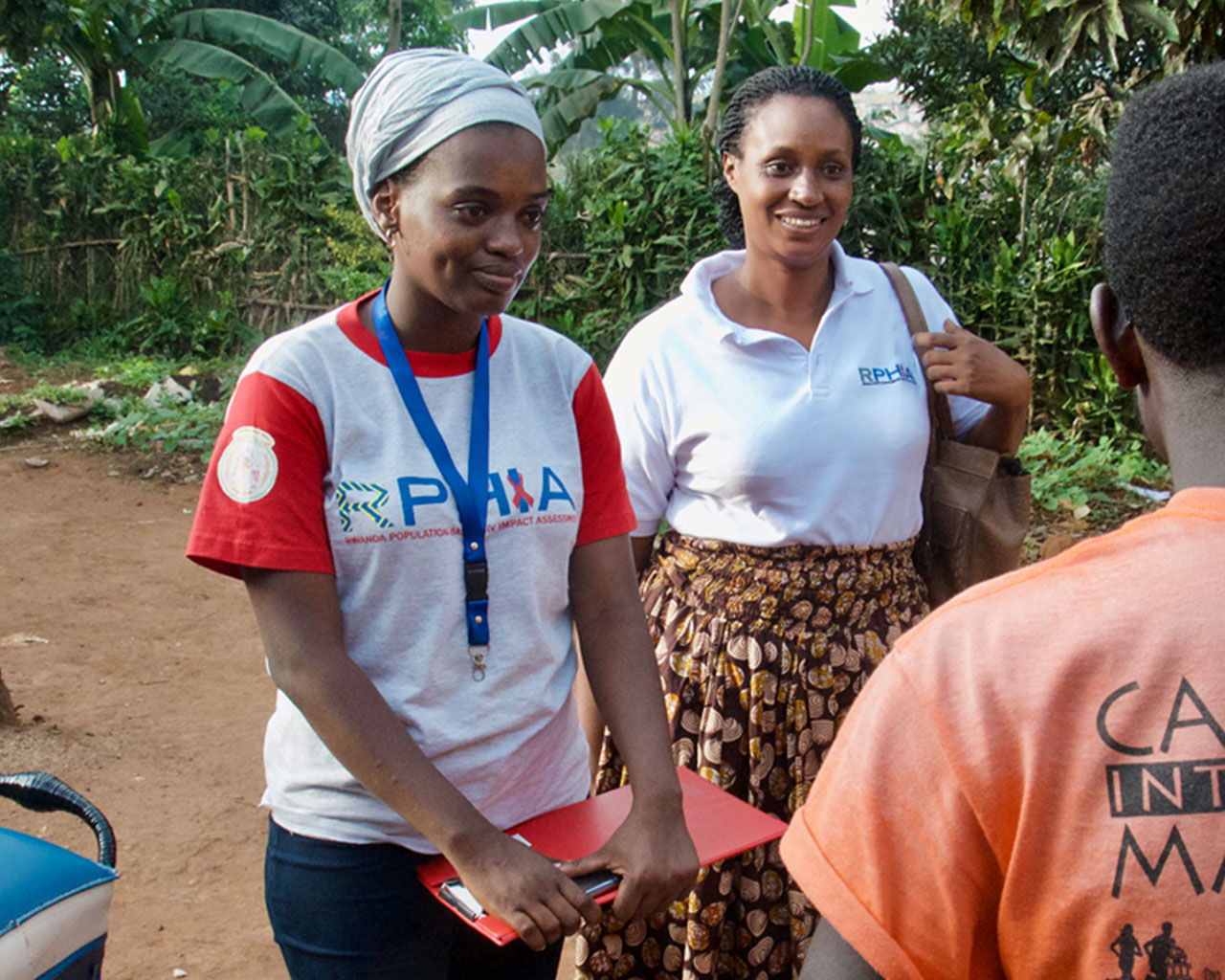Key Findings
%
Annual HIV incidence among adults
%
HIV prevalence among adults
%
Viral load suppression among adults living with HIV*
95-95-95 among adults living with HIV
50%
Adults living with HIV who knew their HIV status
75%
Adults who were aware of their HIV status who were on ART
75%
Adults who were on ART who had viral load suppression
Recent PHIA News
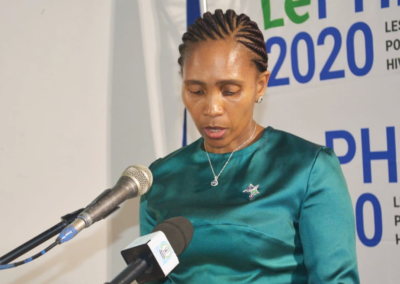
On November 20, 2019, Her Majesty Queen ‘Masenate Mohato Seeiso launched the second Lesotho Population-based HIV Impact Assessment survey (LePHIA 2020).
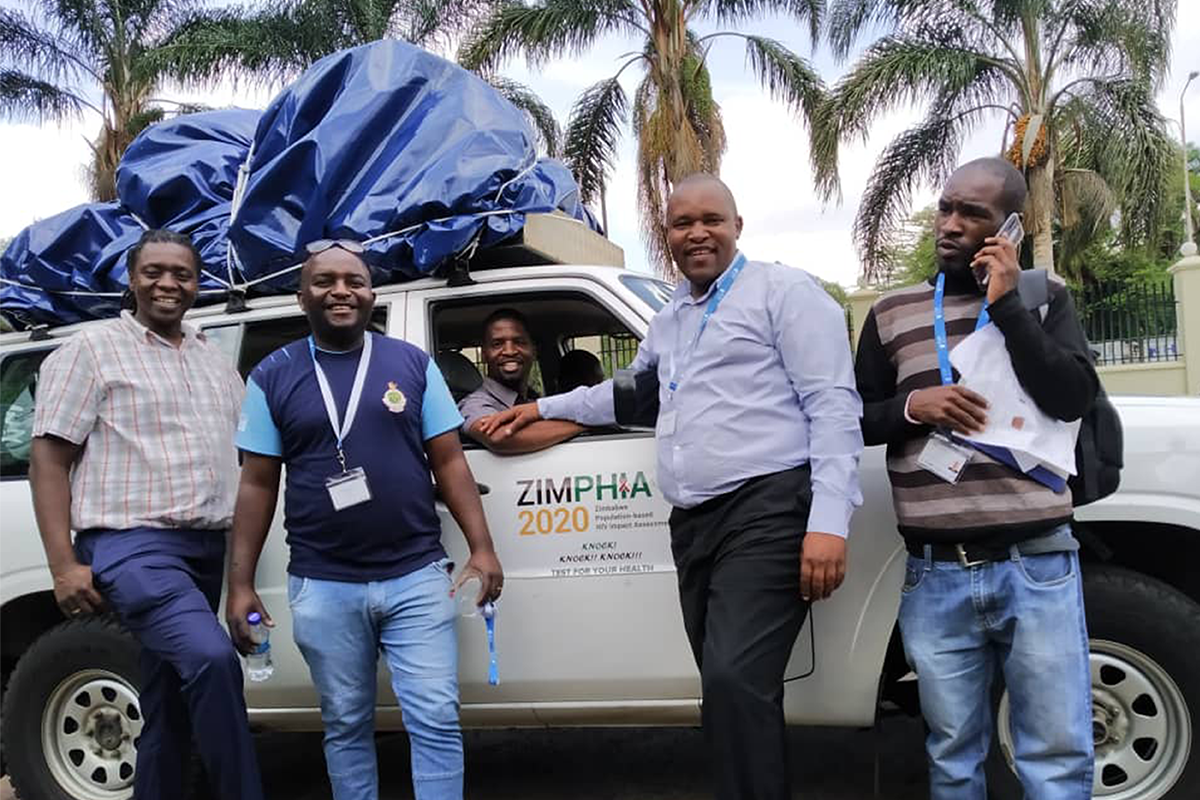
Over the past four months, a familiar refrain was heard throughout the cities, towns, and villages of Zimbabwe. The ‘Knock Knock’ song, which was instrumental to the success of the first Zimbabwe Population-based HIV Impact Assessment (ZIMPHIA) survey, heralded the new survey and with the message of a new chance for the country to take stock of what has been achieved towards controlling its devastating HIV epidemic.
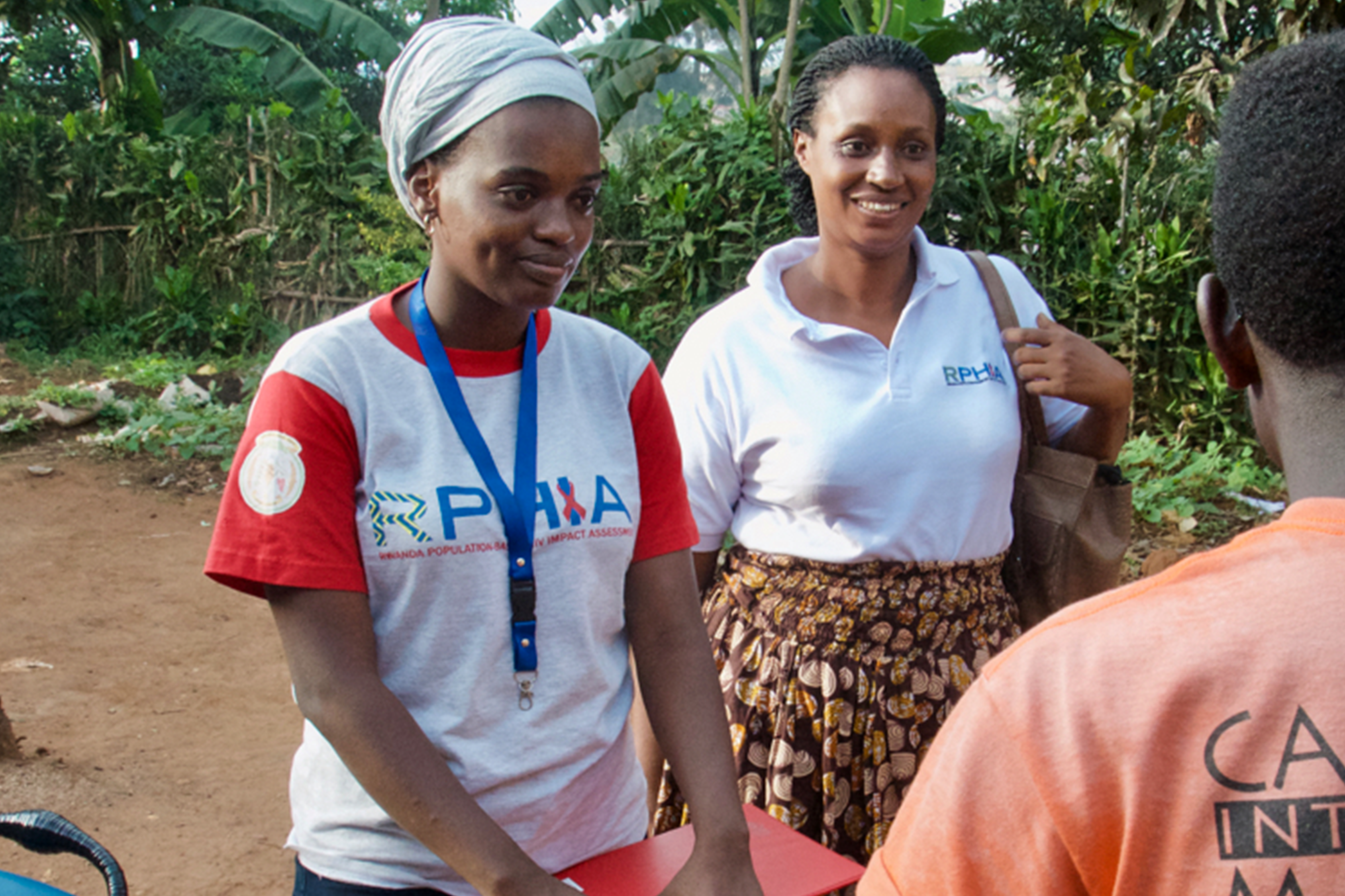
The Government of Rwanda, the U.S. President’s Emergency Plan for AIDS Relief (PEPFAR), the U.S. Centers for Disease Control and Prevention (CDC), and ICAP at Columbia University released new data today that demonstrate Rwanda’s remarkable progress toward achieving HIV epidemic control — particularly in attaining high levels of linkage to treatment and viral load suppression among people living with HIV.
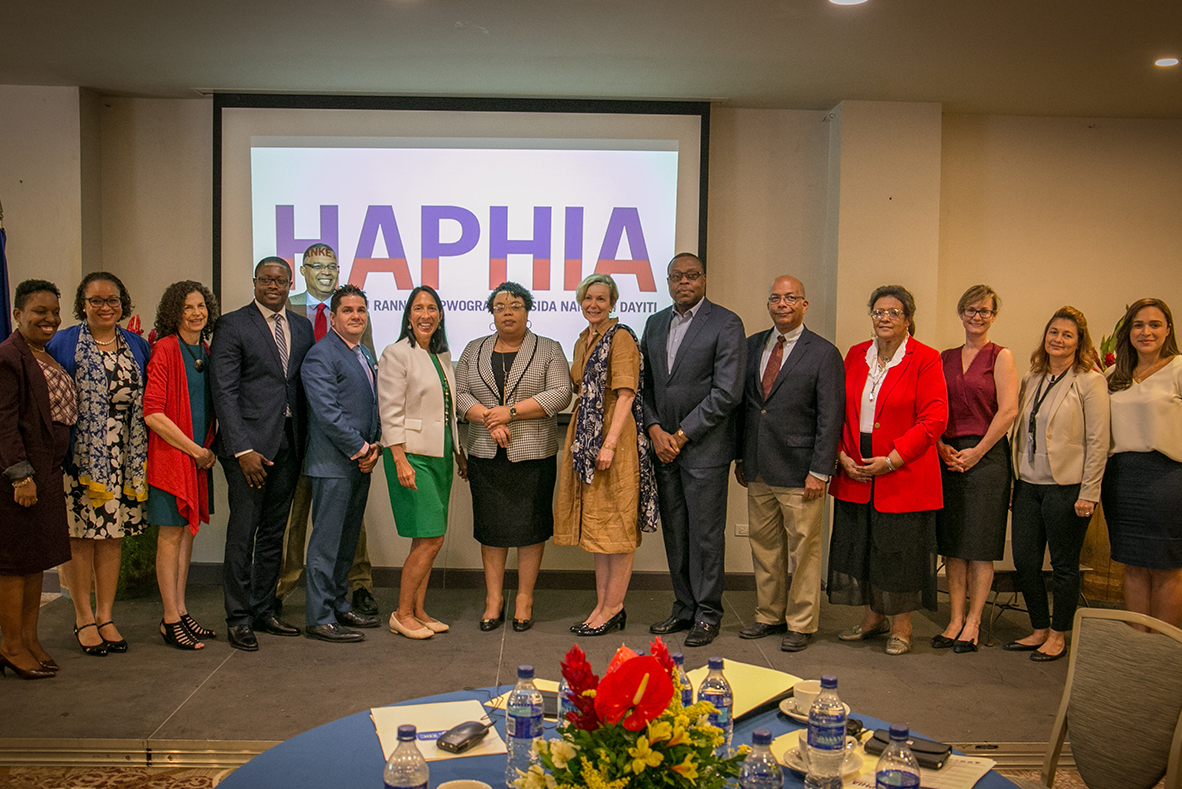
Over the past few decades, Haiti has suffered one of the ...






